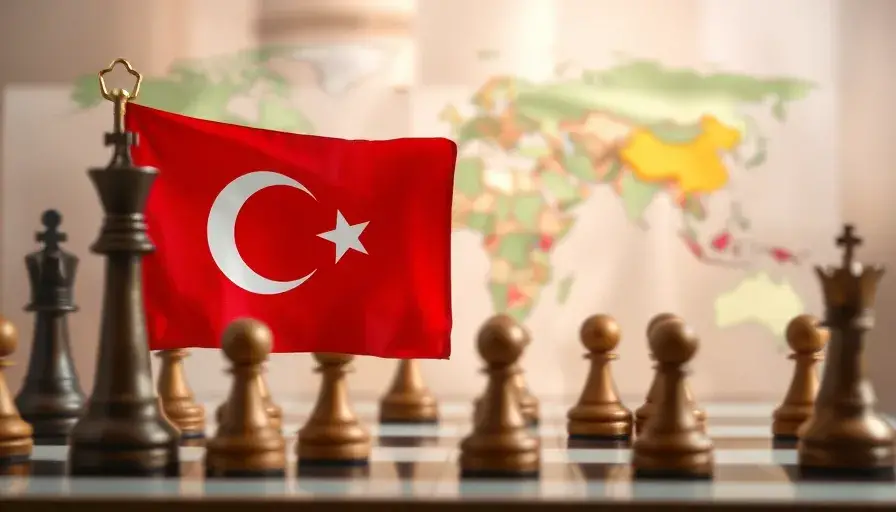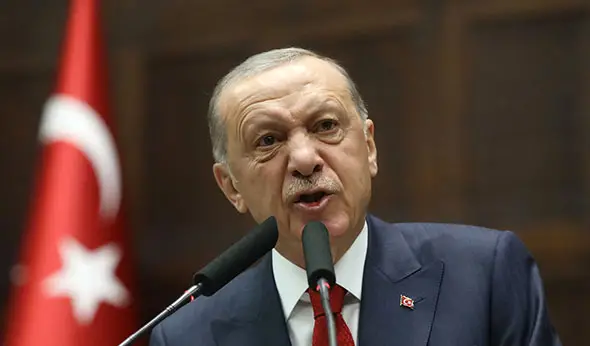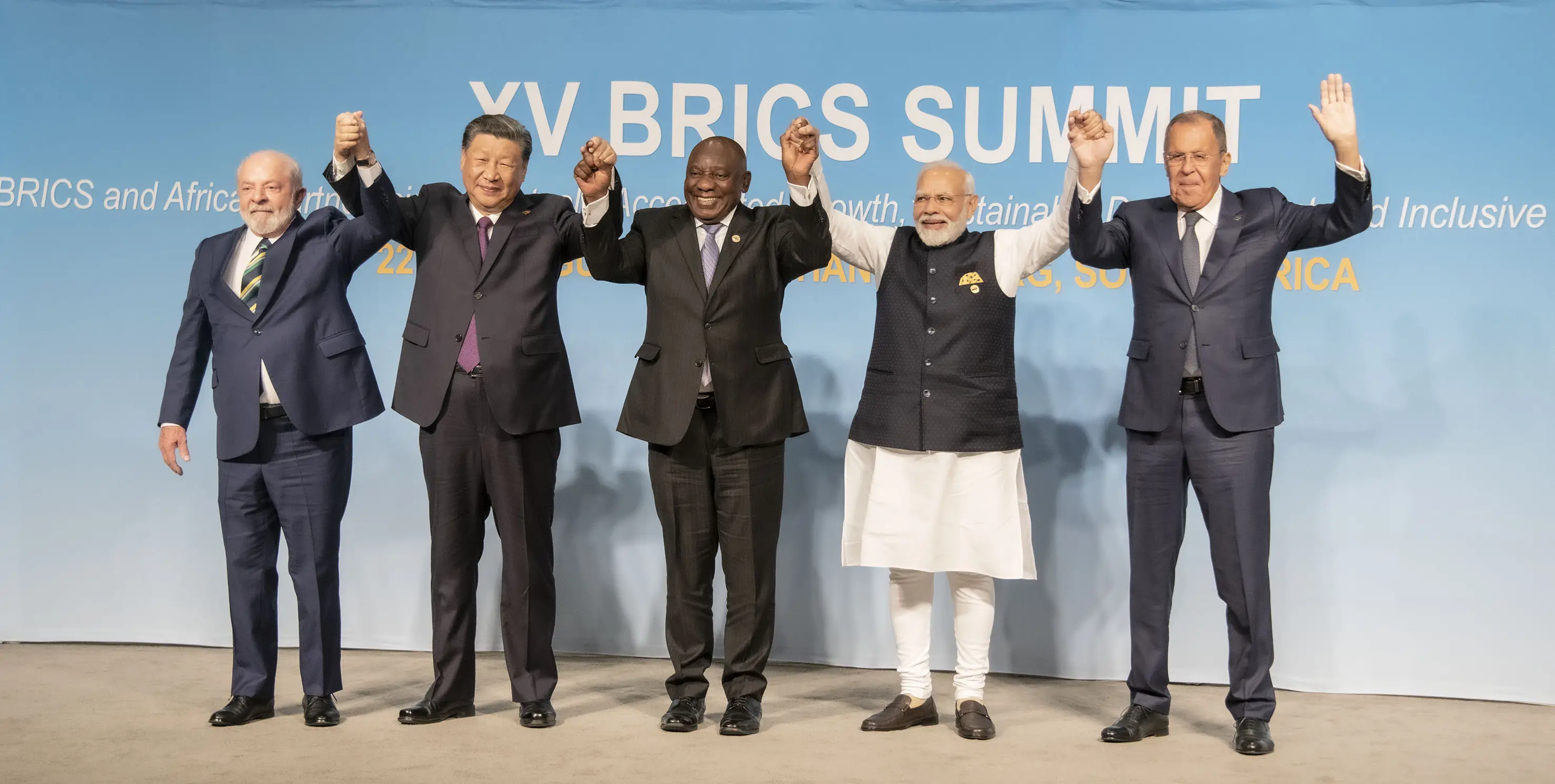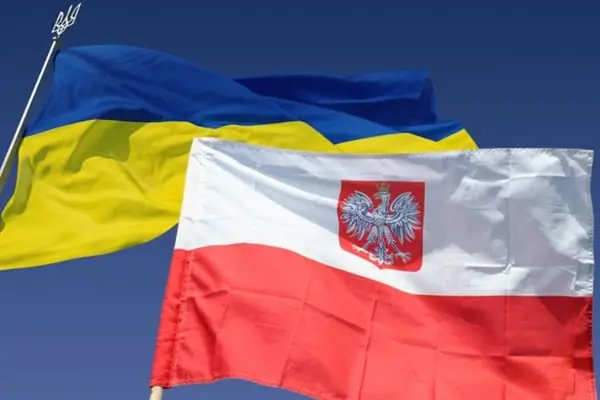Turkey's Bid to Join BRICS: A New Direction in Global Politics

Turkey has decided to join BRICS, expanding the list of countries in this group. What is really happening, and what are the underlying global processes?
Under the leadership of President Recep Tayyip Erdoğan, Turkey continues to navigate the political contradictions between the West and the Global South, attempting to carve out its place on the international stage. Ankara’s latest move, applying for membership in BRICS—a group of countries seeking an alternative to Western dominance—poses a challenge not only to Turkey’s traditional allies in NATO but also highlights a new foreign policy strategy focused on strengthening economic and political ties with China, russia, and other nations challenging Western norms.

Turkey's Path to BRICS: Context and Motives
Historically, Turkey has tried to integrate into Western institutions, but this journey has been fraught with difficulties. Attempts to join the European Union effectively ended after 2016 when Brussels rejected Ankara over democratic standards and human rights violations. Since then, Turkey has been actively seeking new partners. In 2017, following harsh criticism of Europe, Ankara signed a deal to purchase russian S-400 missile systems, resulting in Turkey’s exclusion from the F-35 program and strained relations with the United States.
Gradual distancing from the West has compelled Erdoğan to seek other economic and political alliances, aligning with his goal of establishing Turkey as an independent player on the global stage. According to many analysts, joining BRICS is part of this strategy. Turkey aims to play the role of a “balancing state” between the West and the East, emphasizing its significance as a mediator in global conflicts and trade relations.

Balancing policy: Turkey between the US, EU and BRICS
Maintaining good relations with russia while supporting Ukraine showcases Turkey’s skill in balancing. Over the past few years, Ankara has actively supported Kyiv, including by supplying weapons such as the Bayraktar drones, and mediating the grain deal between Ukraine and russia. Simultaneously, Turkey has refrained from imposing sanctions on moscow, preserving personal ties between Erdoğan and putin.
Joining BRICS could test Turkey’s relationships within NATO. If Ankara's application succeeds, Turkey would become the first NATO country within BRICS, potentially creating new diplomatic challenges. This maneuver reflects Ankara’s desire to assert its independence and strengthen economic ties with China and russia, which, unlike the West, do not criticize Erdoğan for human rights violations and disregard for the rule of law.
Domestic politics: the conflict between authoritarianism and democracy
The Turkish opposition criticizes Erdoğan for abandoning democratic standards and legal reforms, which, in their opinion, worsens the country's economic situation and moves it further away from Europe. Instead, the authorities see this as an opportunity to develop a more independent foreign policy. There are no requirements for human rights or judicial reform in the BRICS, which makes the grouping attractive to Turkey.
What's next?
The West’s lack of a unified approach toward countries like Turkey highlights its inability to create an inclusive cooperation model. Meanwhile, Turkey, by maintaining its authoritarian institutions, drifts further away from democratic development. The West interprets this as a sign that the influence of traditional institutional models is waning, and alternatives like BRICS are becoming increasingly attractive to countries seeking new formats for international engagement.
Turkey is choosing its path, balancing between the West and the East. However, the question remains: will this path be successful for the country in the long term? Opting for sultanism and authoritarianism may provide short-term gains, but can Turkey establish itself as a reliable partner in a rapidly changing world? The West will continue to watch, while Turkey continues to seek its place on the global political map.










